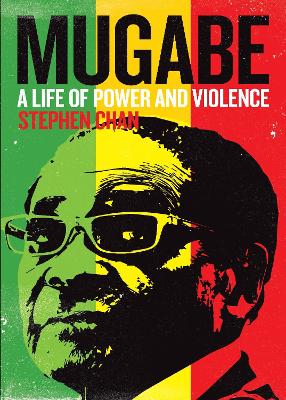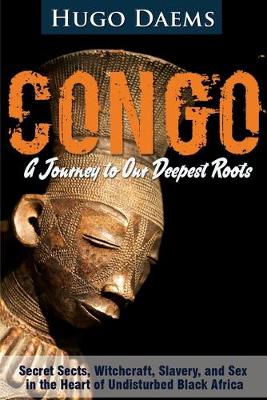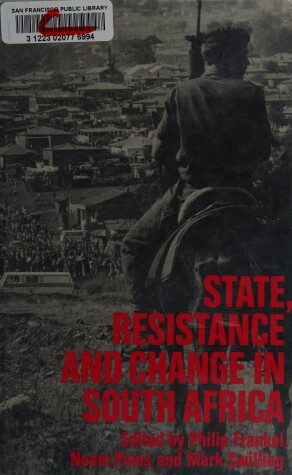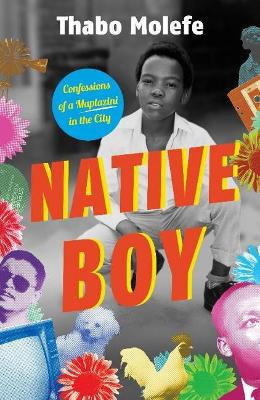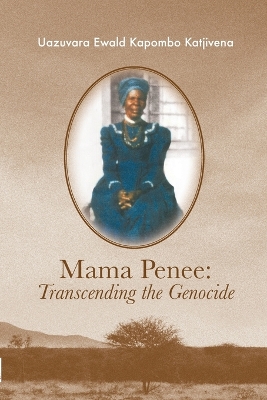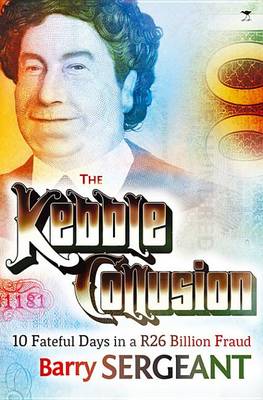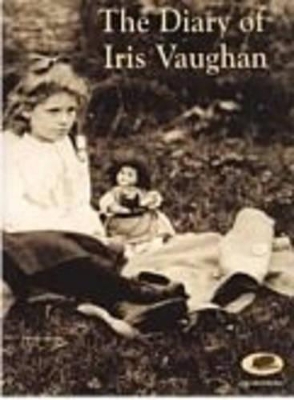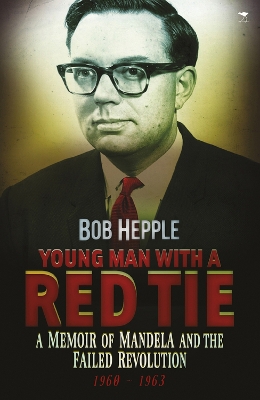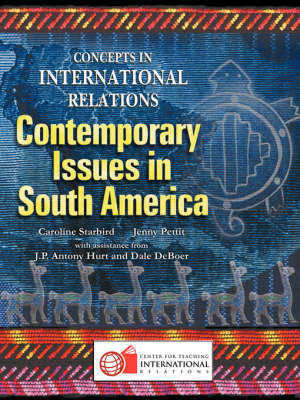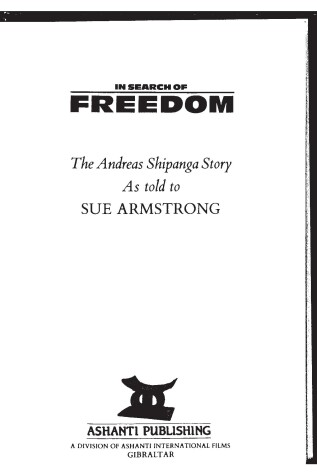On 21st November 2017 Robert Mugabe resigned as President of Zimbabwe after 37 years in power. A week earlier the military had seized control of the country and forced him to step down as leader of the ruling Zanu-PF party. In this revised and updated edition of his classic biography, Stephen Chan seeks to explain and interpret Mugabe in his role as a key player in the politics of Southern Africa. In this masterly portrait of one of Africa's longest-serving leaders, Mugabe's character unfolds wi...
Southern Africa surveys the contemporary history of the whole region encompassing economic, social, political, security, foreign policy, health, environmental and gender issues in one short succinct volume. Positioning the collapse of Portugal’s African Empire in the context of the region’s history since 1945, Farley asserts that this collapse set in motion a train of events that eventually led to the transition of power from minority to majority rule in Angola, Mozambique, Zimbabwe, Namibia a...
The soldiers of 32 Battalion were so feared by their enemies that they were called 'the terrible ones'. This comprehensive two-volume work covers in detail the unit's 117 documented military operations from 1976 to 1993. Nortje explains how the operations were planned and executed, what went wrong, what went right, and what the outcomes were. It also goes back to the early 1960s, covering events in Angola that would eventually result in the formation of 32 Battalion, and it ends in 2005, when th...
The Manchester Regiment and Its Volunteer Service Companies in the Anglo Boer War 1899-1902
by Robert Bonner
This book examines the relation between the state, business, the military and the formation of policy when the basis of the state is under attack.
Status and Respectability in the Cape Colony, 1750-1870 (African Studies)
by Robert Ross
In a compelling example of the cultural history of South Africa, Robert Ross offers a subtle and wide-ranging study of status and respectability in the colonial Cape between 1750 and 1850. His 1999 book describes the symbolism of dress, emblems, architecture, food, language, and polite conventions, paying particular attention to domestic relationships, gender, education and religion, and analyses the values and the modes of thinking current in different strata of the society. He argues that thes...
By November of 1963, the white police state of South Africa had managed to capture nearly all of the underground leaders of the antiapartheid movement-including Nelson Mandela-and had put them on trial on charges that carried the death penalty. Among the arrested was Bob Hepple, a 29-year-old lawyer who would subsequently escape to the neighboring British Protectorate of Bechuanaland. In this memoir of these dramatic events, Hepple throws fresh light on the character of Mandela and other leaders...
Power in Colonial Africa: Conflict and Discourse in Lesotho, 1870-1960 (Africa and the Diaspora)
A decade into its hard-won democracy, South Africa and its ruling party, the ANC, have been through turbulent times. Confrontation between Thabo Mbeki, and his then deputy, Jacob Zuma; the dismissal of Zuma as Deputy; Zuma's defeat of Mbeki in ANC presidential elections and the recall of Mbeki as South African president are events that left many ANC cadres politically and emotionally aghast. Were these events the result of personal enmity? Was it the beginning of the break-up of the broad church...
Contemporary Issues in South America
by Jenny Pettit and Caroline Starbird
In this stirring biography of a brash, resourceful Churchill in his early twenties, Celia Sandys retraces her illustrious grandfather's path through South Africa as she reconstructs his adventures during nine months of the Anglo-Boer War at the end of the last century. She visits the campsites where the bold war correspondent and ready soldier bivouacked, the battlefields where he skirmished and fought, the site of his incarceration in Pretoria as the Boers' prisoner of war; she follows the rout...
Robert Thorne Coryndon, born in South Africa in 1870, served twenty-eight years as the top-ranking administrator of African dependencies, a career unmatched by any other British colonial governor. Governors were expected, through a combination of good sense and good character, to exercise rule over dependent peoples in an honest and impartial manneran amalgam of liberal values and autocratic methods which lent a certain ambiguity to British imperial rule in Africa and elsewhere. During his rul...
Hidden Struggles in Rural South Africa (Perspectives on Southern Africa S.)
by William Beinart and Colin Bundy

